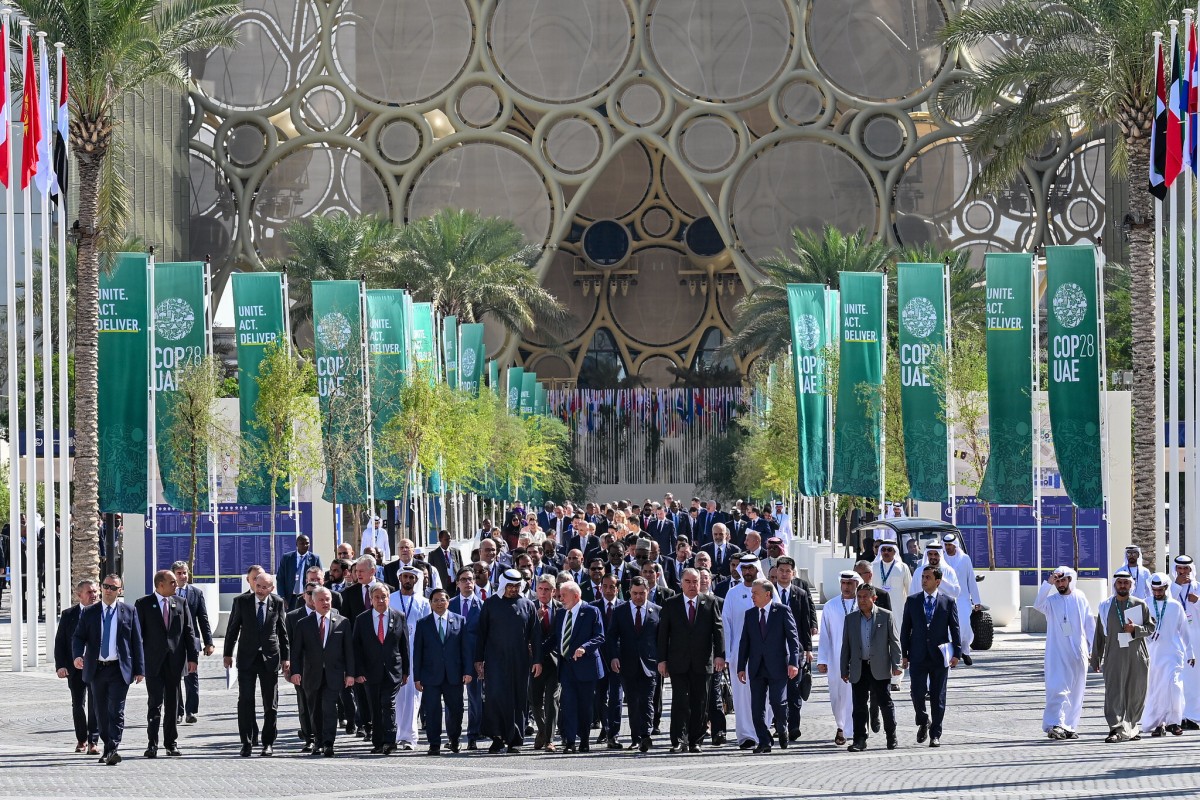Adoption of Loss and Damage Fund good news, but more is needed for climate justice
Good news from the opening plenary session at COP28. The Loss and Damage Fund, that was agreed upon in the final hours of COP27 last year, is now officially adopted.
Financial pledges to the Loss and Damage Fund were made by several countries and the European Union, and more are to follow. The Fund is meant specifically for those countries that have felt the effects of the climate crisis for years, and now face consequences that cannot be avoided, such as severe droughts and floods. One of the biggest consequences is that safe and clean drinking water is becoming a scarce good. The climate crisis already has a direct and devastating effect on the lives and livelihoods of the 2 billion people globally who lack safely managed drinking water.

Questions around the loss and damage fund
The formal adoption is a milestone indeed, however there is still room for questions and concerns. It still needs to be agreed upon what would count as loss and damage, who could be the recipient, and which countries will pay (and how much). Also, the financial pledges made so far are just enough to set up the Fund but nowhere near enough to sustainably compensate low-income countries for their loss and damage due to climate change.
Dedicated budget to ensure access to water
The fund should support a wide range of activities including immediate relief in the aftermath of climate disasters, as well as longer-term rehabilitation and reconstruction efforts, and response to slow-onset events. There should be a reliable annual assessment of financing needs and available finance. We also need explicit recognition and dedicated budget to ensure access to safe water for everyone who is facing water insecurity due to climate change.
Involvement and access for communities
To develop an inclusive fund that works for those who need it, meaningful participation of civil society and affected populations in the establishment and operationalization of the fund is essential, ensuring that programmes are locally-led or strive towards strengthening local voices. Moreover, the fund should allow direct access for communities, including women-led organisations, women’s rights organizations, Indigenous Peoples and other marginalized groups.


